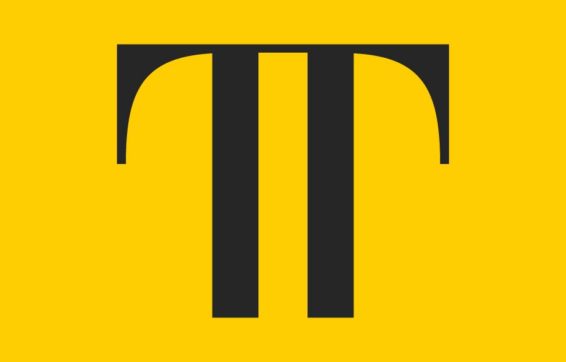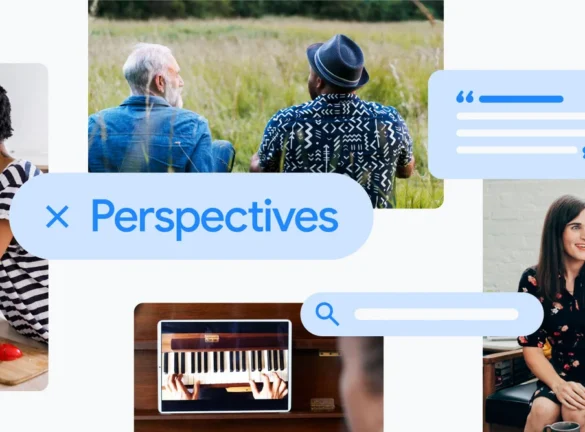
I Do Not Know Everything
I do not know everything.
I think – though I don’t know – that this may shock a great deal of people reading this who personally know me. Yes, you may have come to that assumption naturally as I talked in an engaging manner on something or other, but I’m afraid to say it’s not true. I don’t. And that’s okay! In fact, I think that it’s important for everyone to realise that it’s okay to admit you don’t know everything, too.
The modern world constantly demands that we know everything about everything, whether you possess the knowhow or not. How many times have you heard someone ask, ‘why didn’t you just Google it?’ After all, if you’ve got some data left in your plan and a bit of battery left, you’re just one quick search away from all the answers. And what with all that knowledge at your fingertips, it can become very easy to start playing the expert. That’s a particularly tempting prospect whether you’re competing/cheating in a pub quiz, arguing in a comment section or, as is the case in my line of work, identifying themes and stories you think communities will react to.
Logic tells us if you want to get a reaction from a community, you must first have an understanding of that community. So, in much the same way me spending an hour watching videos of people performing piano covers on YouTube won’t qualify me as a concert pianist, we need to realise spending an hour Googling around a topic will not make you an expert in the people who care about it.
That’s why we always need to remember the limitations of the answers we’re finding online. What insights are we getting? Are we gaining knowledge? If so, whose? Do we even know if these are the right questions to be asking?
Whilst Google remains the undefeated internet champion of pointing us in the right direction, it isn’t quite as good at answering those type of questions. So rather than playing the part of the infallible keyboard warrior, I think it’s time for us to start admitting our ignorance on certain topics, looking past Google and talking directly to the people who do have the knowhow.
By conversing and collaborating with influential people within communities you want to engage with, we can tap into knowledge that would otherwise take years of first-hand experience to accumulate. What I know is still valuable, it’s just that now it can be informed by a proper insight from a legitimate source. In my experience, that’s where good ideas usually come from. The alternative is cherry-picking content you’ve found on Google that takes your personal fancy without ever gaining a true understanding of your audience.
Nobody knows everything. And we shouldn’t expect people to. But if you’re serious about creating content that engages specific audiences, you need to engage and work with the people who truly know these niches. Because as my main man Confucius once said; ‘Real knowledge is to know the extent of one’s ignorance.’ I don’t know when he said it, but I think he really hit the nail on the head with that particular comment. I wonder what he’s doing now? I know – I’ll ask Google…






